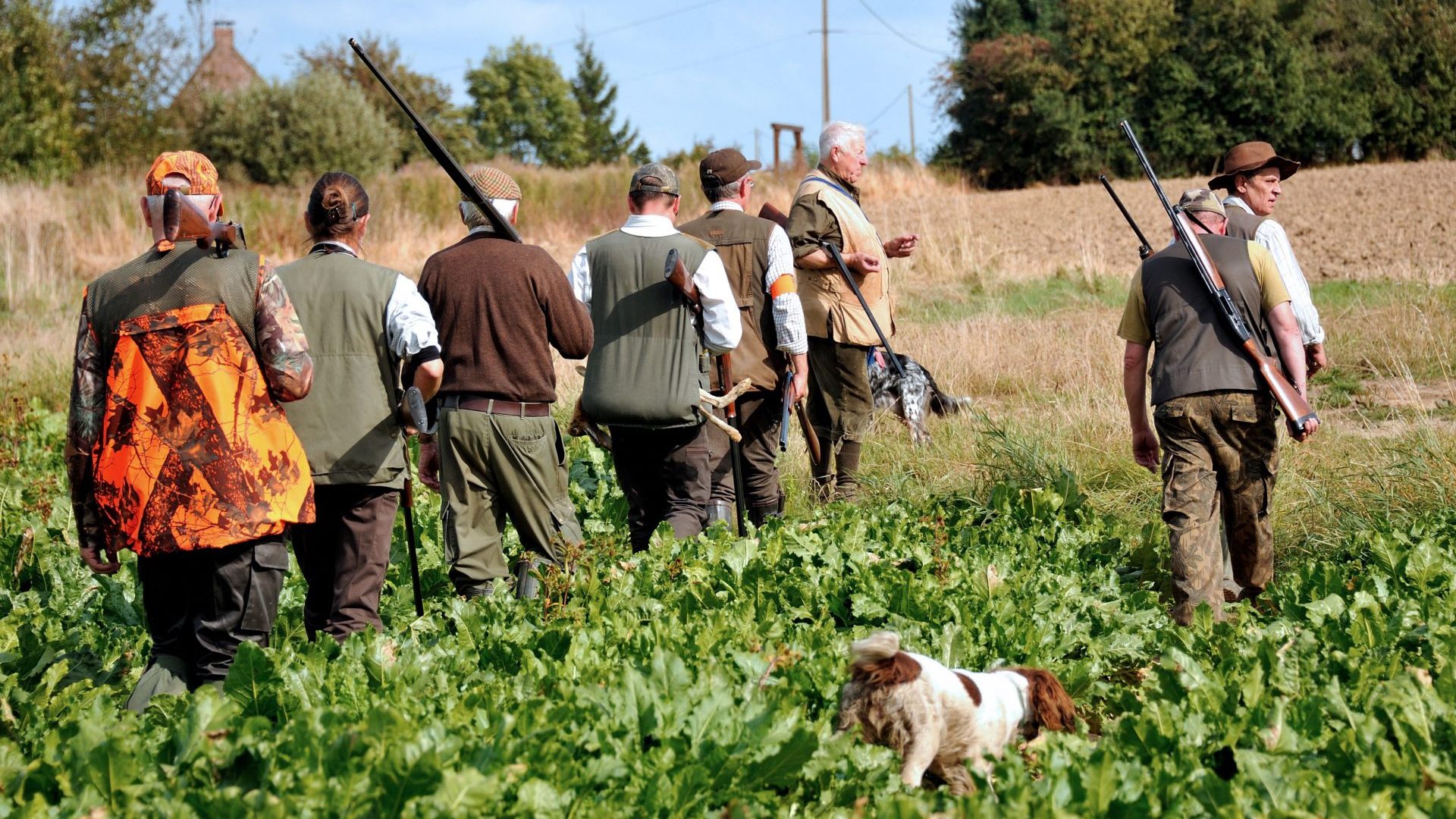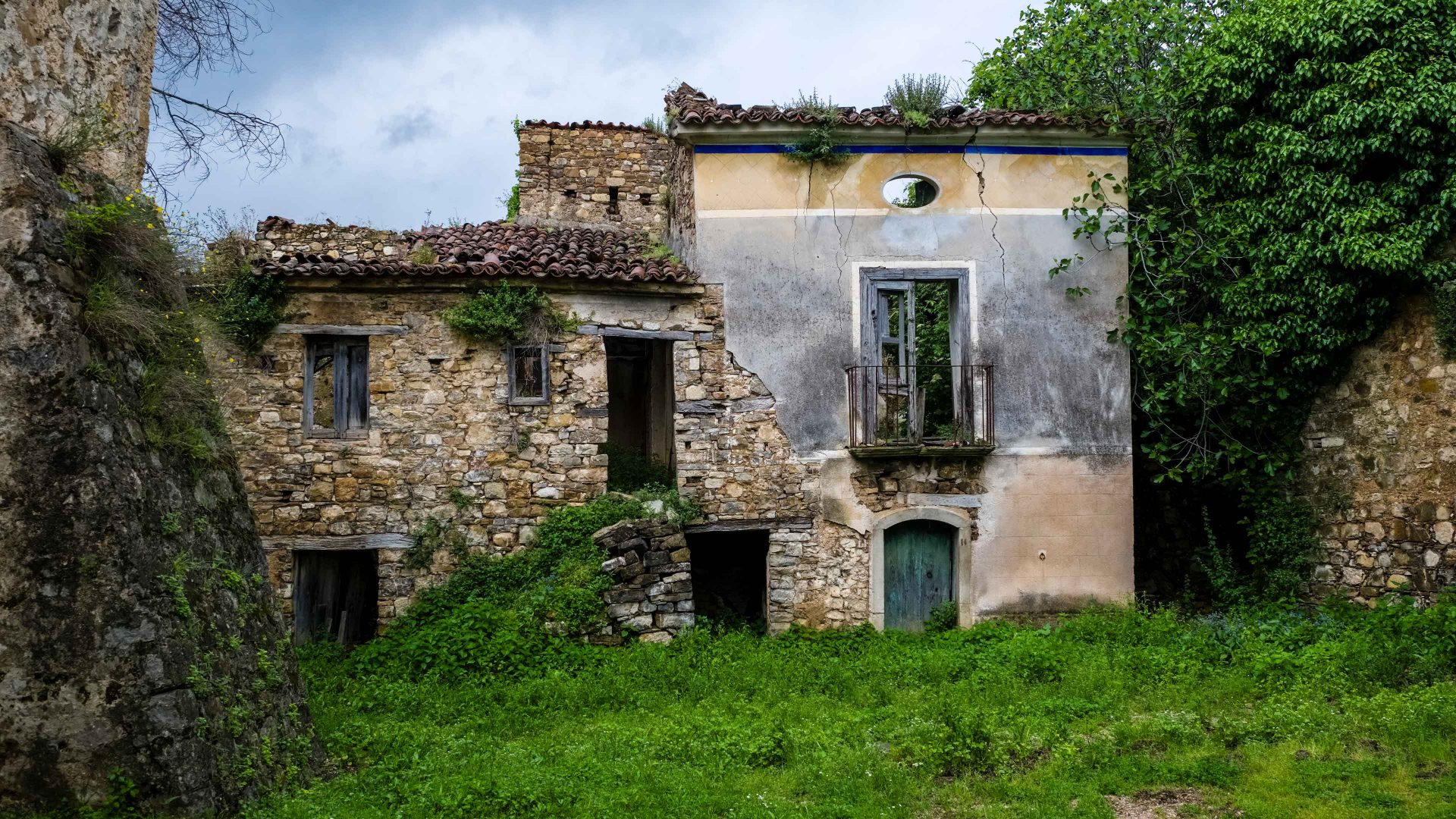The new hunting season has begun in France, accompanied by anxiety over the rising number of fatalities from gunshot accidents and near-misses involving walkers and even people in their own gardens. French hunters pursue wild boar and deer with rifles and packs of dogs. La Chasse is a favourite pastime in the countryside and the centre of social life in many towns and villages.
But one expat said he was “very concerned. Hunters in France very often don’t obey the rules and shoot at anything that moves. They even manage to shoot each other and themselves. They have no regard for private property and very often pursue their prey into people’s gardens with their dogs. They also shoot people’s pets in their gardens and stray bullets enter people’s homes. And they leave spent lead cartridges everywhere.”
The number of deaths as a result of hunting almost doubled in the 2024-25 season compared to previous years, rising to 11 fatalities. According to figures compiled by l’Office Français de la biodiversité (OFB), those who died were all hunters, victims of accidental shootings. The OFB also recorded 135 non-injury shooting incidents, up almost a third on the previous year. These included 58 “shots towards buildings” and 50 involving domestic animals, some of which were confused with the hunters’ prey. Between 2000 and 2023, there were 3,325 hunting accidents in France, of which 421 were fatal.
Rachel Moody filed a police complaint after a hunter’s bullet narrowly missed her while she was in her garden in Nouvelle-Aquitaine. Moody, 56, a former psychology teacher from Hampshire, said she heard a hunt in woods a few hundred yards from her home and the next thing she knew, there was “a kind of explosion” as a round slammed into the wall of her house. “I don’t sleep at night,” she said. “It’s horrible.”
In 2018, British mountain biker Marc Sutton, 34, was killed by a hunter’s bullet in the French Alps. The shooter, who was hunting wild boar, was sentenced to four years in prison for manslaughter and was banned from hunting and owning weapons.
Paul Styles, who lives with his French wife and their family in a country town called La Souterraine, said: “Coming across a couple of dozen gun-toting hunters – red faced from drinking wine, whisky, pastis – and their four-wheel drive cars blocking a narrow road in the middle of nowhere can be unnerving.”
For their part, the hunters demand greater recognition and protection of their way of life and for French hunting to be added to Unesco’s list of “intangible cultural heritage”. The Fédération Nationale des Chasseurs (FNC) staged an event earlier this year when hunters descended on their local mayor’s office, posed for photos with the FNC’s manifesto and shared images on social media.
Suggested Reading


Crisis in France: it’s all Macron’s fault
Styles, who has lived in rural France for 45 years, told me: “Hunting is accepted as a stalwart tradition by the majority of the population in rural France. Most families have one or several hunters among their friends or family. I like rural life and accept having to cope with the inherent problems – in spite of my epidermic aversion to hunters.”
Frédéric Pasian, the mayor of the small town of L’Herm in the Pyrenees, issued a decree banning hunting after 25-year-old Mélodie Cauffet was shot and killed in 2022 while hiking with her partner. Gendarmes said the bullet was fired by a 17-year-old hunter. He was taken to hospital in a state of shock, questioned in police custody and charged with involuntary homicide.
Pasian said a cyclist was hit in the arm by a bullet in 2009, and a rogue shot almost hit a delivery driver who was unloading his van in a supermarket car park four years ago. Last year a couple and their young child were caught between a pack of hunting dogs and a wild boar. But the mayor’s decree was overruled earlier this year after a court found that “the risk was not high enough” to justify a total ban on hunting, and recommended better scheduling to avoid accidents.
“But I haven’t given up,” Pasian told me. “I hope to get a ban on hunting in the Escoumes forest.”
Stephen Smith is a journalist and broadcaster



